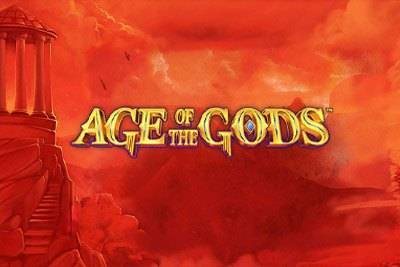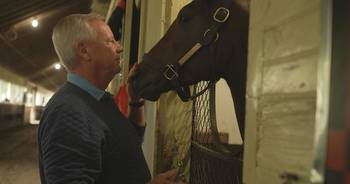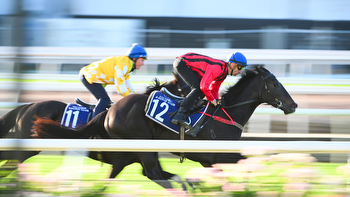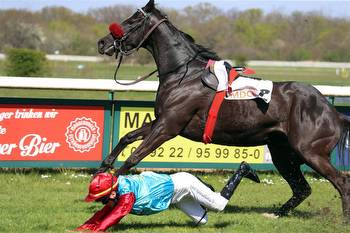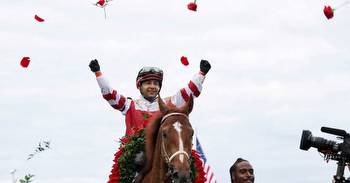The dark side of horse racing

“Sadly, the stench of death overwhelmed the Kentucky Derby and its magnificent athletes on Saturday. Five horses perished in the past week at Churchill Downs. … Then, on the Derby undercard, two more died. Seven horses gone.”
So begins a May 6 Associated Press article, in what has turned into an all-too-familiar refrain of eulogies for racehorses who died at the country’s most prominent racetrack. Year after year, news of “catastrophic injuries” and dying horses make the headlines — some of which play out in the public eye. In one notorious case in 2008, Eight Belles, the second-place winning filly, fractured both her front ankles just after the Derby ended. She was immediately euthanized, to the shock and horror of spectators at the race and TV viewers worldwide.
“There is no other mainstream sport where carnage and indifference occur so regularly — and are as tolerated,” Elizabeth Banicki, who used to work in the horse racing industry but left due to its cruelty, wrote in the Guardian. “The horses are unable to withstand moving at such speed when they are so young and underdeveloped. They are pushed to exhaustion. The repetitive percussive drill of training and running kills some of them, and ruins others for life.”
I recently had an exchange with a self-proclaimed horse lover and animal advocate who shared stories of spoiled ex-racehorses and trainers who loved and cared for their animals. I don’t doubt her heartwarming tales are true, and that somewhere in the Bay Area, we can find retired thoroughbreds roaming the golden hillsides, happily munching on a selection of curated treats. Unfortunately, the numbers show that these instances are fortunate exceptions to a merciless reality.
For one, there’s the bleak fact of the thoroughbred-to-slaughter pipeline. A National Geographic report found that about 20,000 U.S. horses — including former racehorses — are sold to slaughterhouses in Canada and Mexico every year. Crammed into trucks and transported for days, veterinary care is minimal or nonexistent on their harrowing journey. Conditions in slaughterhouses are also poor, and likely violate welfare laws, the investigation found.
Then, there’s the documented use of drugs to mask minor injuries or to gain a competitive edge. Most notably, Kentucky Derby winner Medina Spirit failed a drug test. Medina Spirit’s trainer, Bob Baffert, first denied the charges but later admitted he’d treated the horse with an antifungal ointment, claiming he wasn’t aware it contained the anti-inflammatory drug betamethasone. A pervasive use of drugs to mask pain can lead to injured horses who are forced to run, which in turn dramatically increases the likelihood of serious, even fatal, accidents.
“This is just a recipe for disaster,” says Tom David, former chief veterinarian for the Louisiana Racing Commission in the New York Times. “Inflamed joints, muscles and mild lameness are masked by medication and therefore undetectable to the examining veterinarian.”
And with so much money at stake, some trainers will do almost anything to give their horse an advantage without considering the welfare of the animal. As long as betting on horse racing continues to be a billion-dollar industry, incentives for misconduct, abuse and drug use will continue to result in the shocking deaths of horses.
The horse racing industry is just that — an industry driven by profits. It’s outdated and cruel, and it has proven again and again that it’s unwilling to regulate itself.
It’s about time to take off the rose-colored glasses along with the fancy hats and stop romanticizing a “sport” that routinely harms, discards and kills horses. In the meantime, there’s one simple thing you can do immediately to help: never, ever bet on horse racing.
Carina DeVera is the digital marketing manager at Marin Humane, which contributes Tails of Marin articles and welcomes animal-related questions about the people and animals in our community. Go to marinhumane.org, find us on social media @marinhumane, or email [email protected].
